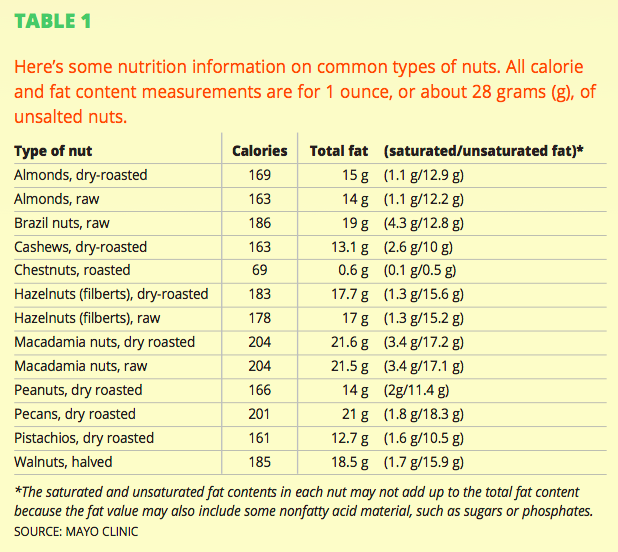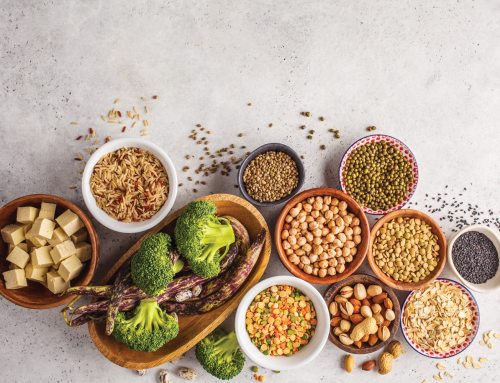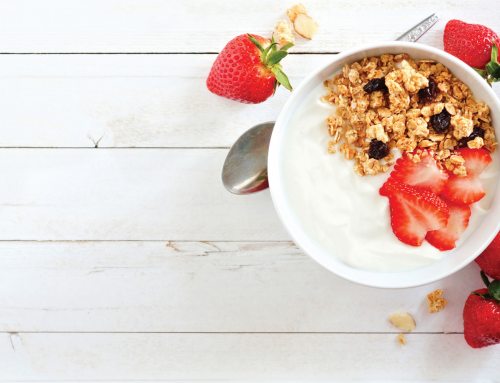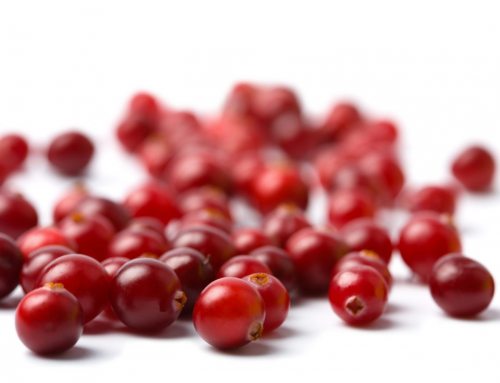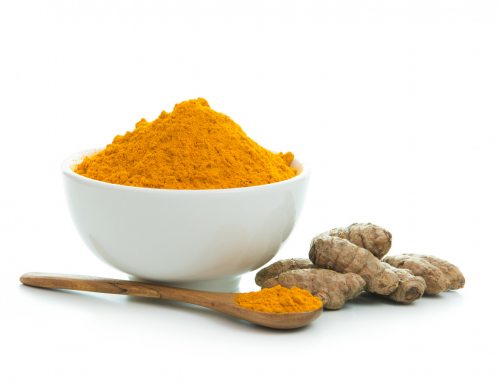Runners and triathletes love the protein power of peanut butter and we love to snack on almonds too, but did you know almost every type of nut has a lot of nutrition? While some nuts may have more heart-healthy nutrients and fats than others, all nuts contain unsaturated fatty acids and other great nutrients for athletes. If you’re an athlete or someone with heart disease, eating nuts instead of a less healthy snack can help you more easily follow a heart-healthy diet.
According to the Mayo Clinic, people who eat nuts as part of a heart-healthy diet can lower the LDL (low-density lipoprotein, or “bad”) cholesterol level in their blood. High LDL is one of the primary causes of heart disease. Eating nuts may reduce your risk of developing blood clots that can cause a fatal heart attack. Nuts also appear to improve the health of the lining of your arteries.
In addition to protein, most nuts contain at least some of these other heart-healthy substances:
• Unsaturated fats. Both monounsaturated and polyunsaturated fats (the “good” fats) have been shown to lower bad cholesterol levels.
• Omega-3 fatty acids. Nuts are one of the best plant-based sources of omega-3 fatty acids (a healthy form of fatty acids that seem to help your heart by, among other things, preventing dangerous heart rhythms that can lead to heart attacks).
• Fiber. All nuts contain fiber, which helps lower your cholesterol. Fiber makes you feel full, so you eat less. Fiber is also thought to play a role in preventing diabetes.
• Vitamin E. Vitamin E may help stop the development of plaque in your arteries. Plaque development narrows your arteries and can lead to chest pain, coronary artery disease or a heart attack.
• L-arginine. Nuts are a source of l-arginine, which may help improve the health of your artery walls by making them more flexible and less prone to blood clots.
While nuts provide a lot of nutrition as much as 80 percent of a nut can be fat. Even though most of this is the healthy kind of fat, it’s still a lot of calories. So be sure to eat nuts in moderation. Use nuts as a substitute for saturated fats, such as those found in meats, eggs and dairy products.
Instead of eating unhealthy saturated fats, try substituting a handful of nuts or a tablespoon or two of a nut spread. The American Heart Association recommends eating four servings of unsalted nuts a week. Select raw or dry-roasted nuts rather than those cooked in oil.
A serving is a small handful (1.5 ounces) of whole nuts or 2 tablespoons of nut butter. But again, do this as part of a heart-healthy diet. Just eating nuts and not cutting back on saturated fats found in many dairy and meat products won’t do your heart any good.
While most nuts are generally healthy, some are more so than others. Walnuts have been shown to contain high amounts of omega-3 fatty acids. Almonds, macadamia nuts, hazelnuts and pecans are other nuts that appear to be quite heart-healthy. Peanuts — which are technically not a nut, but a legume, like beans — seem to be relatively healthy.
But, remember, you could end up canceling out the heart-healthy benefits of nuts if they’re covered with chocolate, sugar or salt.
